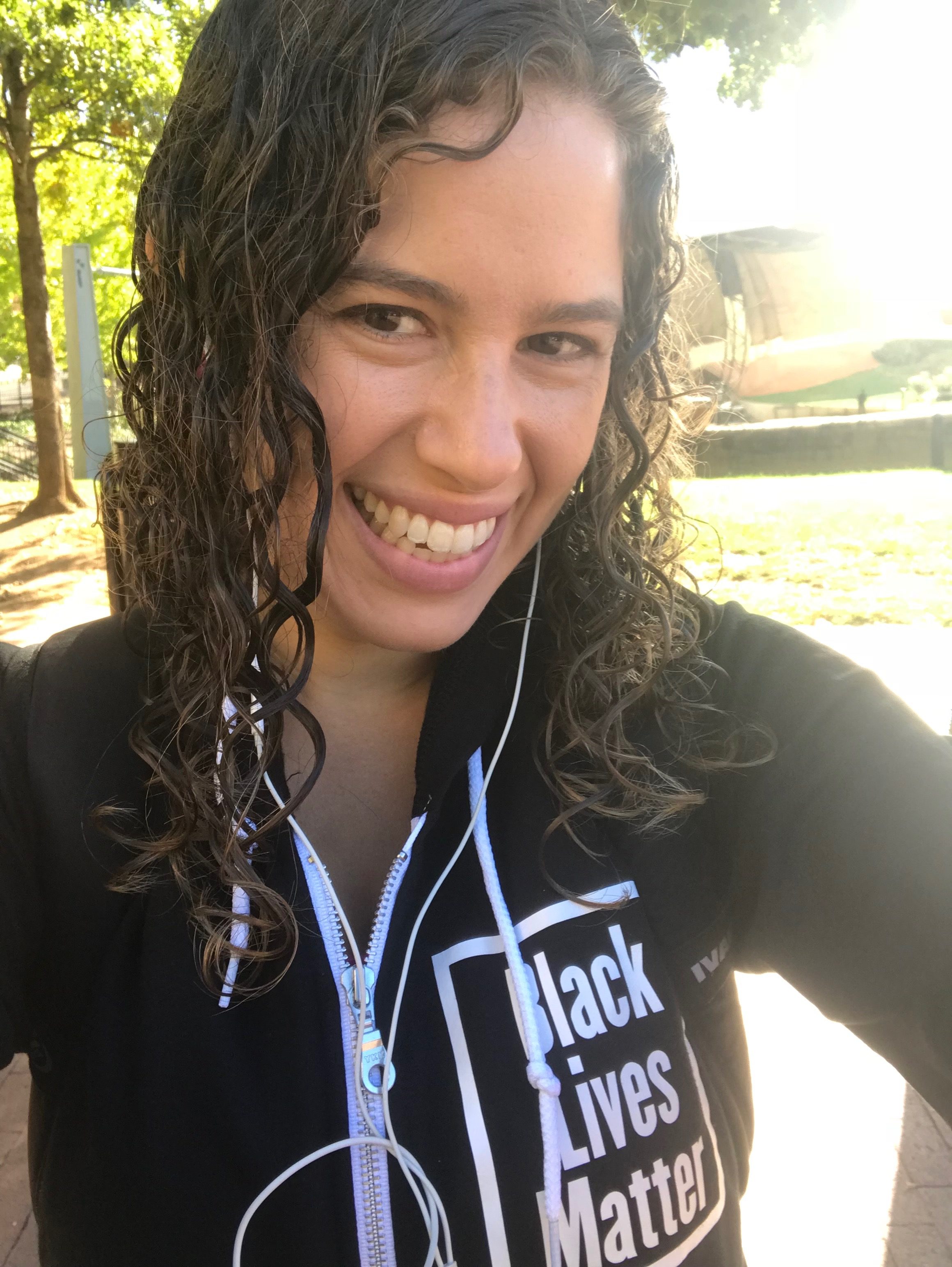“How do we have men and women working together on preventing men’s violence against women without recreating the sexism we are trying to end?”
—Jackson Katz, at the Mentors in Violence Prevention Bystander Intervention Conference at Northeastern University, May 31, 2012
Dear Jackson Katz,
Great question.
Here’s my short answer: Currently, you are indeed recreating the sexism you are trying to end.
Here’s my long answer: Thank you for having the wherewithal to recognize the complexity and challenge in being a person with privilege taking leadership on issues of systemic oppression and violence. Thank you for your leadership, thank you for your decades of work, and thank you for continuing to ask yourself how you can be a better ally.
What I say in this blog post may be read as a criticism, and I want you to know that I am criticizing you because we are on the same team. We have the same mission. As we work towards this mutual goal, I believe I have a perspective that you need to hear. So, let’s get coffee (or the internet equivalent, if you’re back in Cali by now).
Yesterday I was at the MVP Bystander Intervention Conference, and I’ve also participated in the MVP Institute training program as well as taught several workshops myself in the (distant) past. I have a lot of respect and affection for the work done by MVP. I personally have gained so much from your organization, including some of my favorite workshop activities addressing gender and systemic violence, and that’s why I am so invested in seeing it do good work now and in the future.
For my readers: Jackson Katz founded MVP in 1993, to recruit male student athletes as leaders in ending men’s violence against women. Yes, just men’s violence against women. Not all sexual violence, not all gender-based violence. That’s fine. No one can do everything, maybe. The MVP approach is to address men as potential active bystanders—to talk to men about why stand up as a bystander, and possible ways to intervene in sexist and violent behavior. Calling other men to understand men’s violence against women as a fundamental social justice issue (see The Macho Paradox), Katz and MVP have brought their work to sports teams, fraternities, and the military.
Back to Dr. Katz: I’m grateful that you recognize the role that masculine role models can play in reshaping masculinity and addressing men’s violence. I can’t walk into hockey team locker rooms and talk to them about sexual assault. The NFL isn’t inviting me to speak with their players about rape. You are getting into those spaces and opening up conversation, and I’m impressed and grateful.
That said, Bystander Intervention training is NOT a comprehensive sexual violence prevention program. Bystander Intervention should NOT be promoted in mainstream spaces as a priority over actual skill-building that addresses actual people of all genders as people with bodies, people with intimate relationships, people with the capacity for sex and for love. Where are those people in Bystander Intervention training? I understand the importance of getting your foot in the door by addressing everyone as potential Bystanders so participants aren’t as defensive. But your approach is actively silencing those people in the room who may be more than potential bystanders—they may be victims and survivors of sexual or relational violence. Where are those people able to express their lived experiences in your workshops?
Furthermore, when you split up the participants into groups of “men/boys” and “women/girls,” to talk specifically about “men’s” violence against “women,” you are erasing the existence of trans* and genderqueer people. Erasing them. There is not room for people with non-binary gendered experiences and identities within the curriculum you use. What are you going to do about that? That is a major problem. It’s a problem that is the Achilles heel of your intervention. You cannot expand so much. You cannot be everyone’s solution.
When MVP comes to “mainstream” spaces and coed spaces—spaces that are not these hyper-masculine communities that were the original location of this Bystander Intervention—then you recreate the sexism you are trying to end by silencing the voice of survivors and by rendering invisible those living outside the gender binary.
What are you going to do about that?
From your ally,
Mimi Arbeit

Mimi says:
Note: In the original draft of this post, I referred to the Macho Paradox as about how masculinity hurts men. I have now changed my description, based on feedback from Jackson Katz himself.
He says: The Macho Paradox is a call to men to understand men's violence against women as a fundamental social justice issue. Any benefits to men as a result of doing that work are necessarily secondary, though they may be used as a carrot to motivate men.